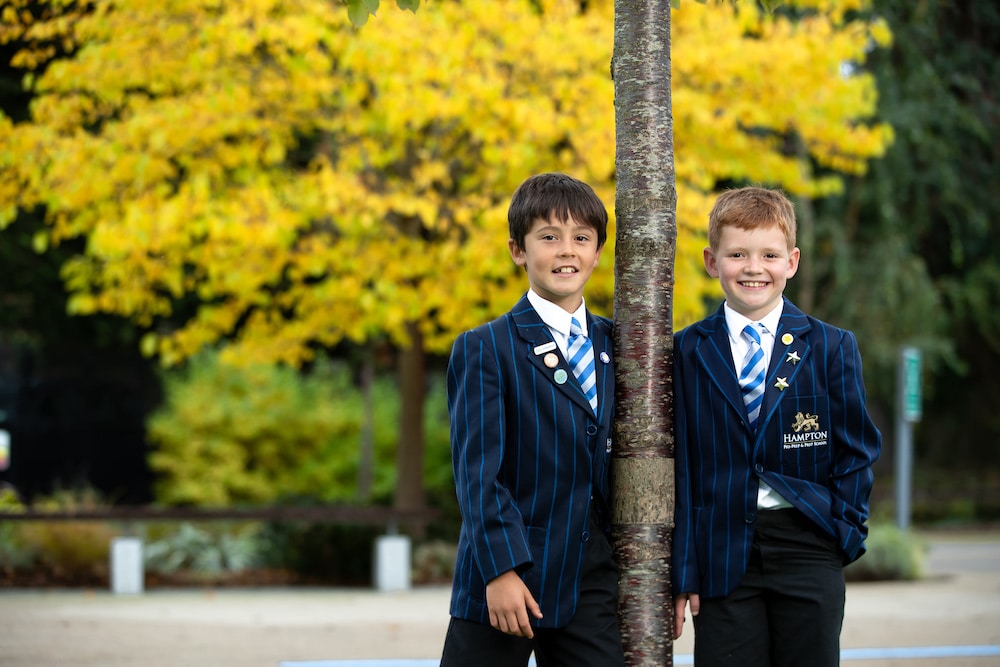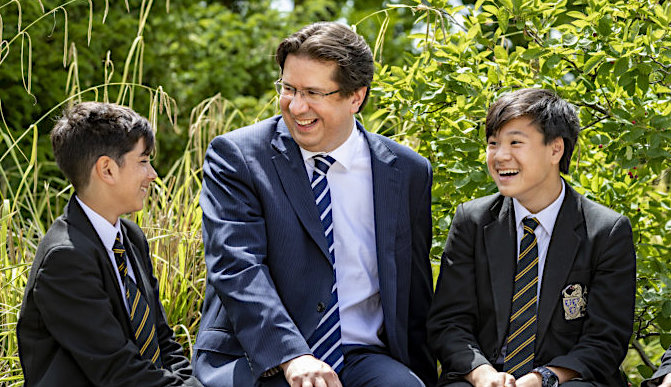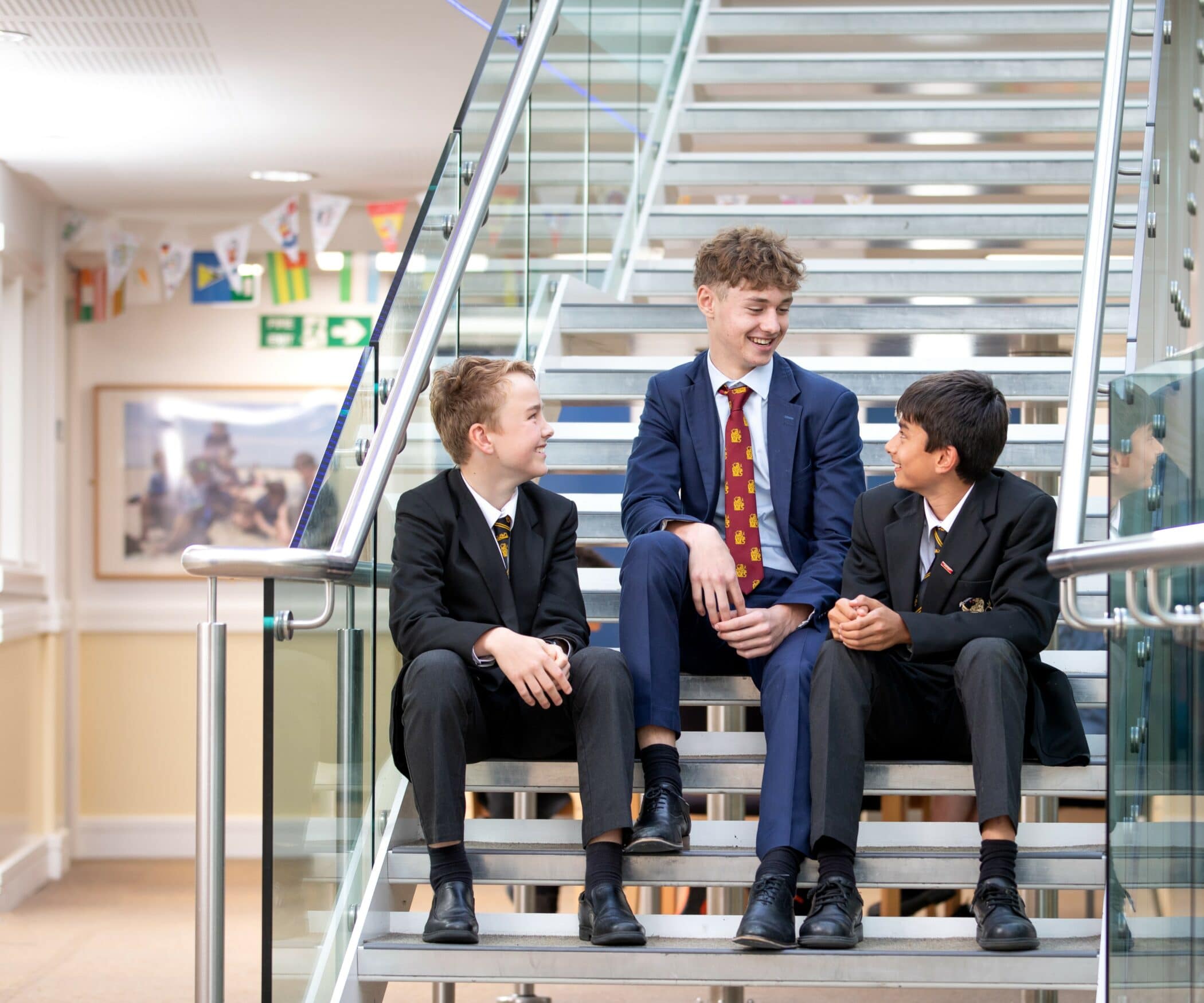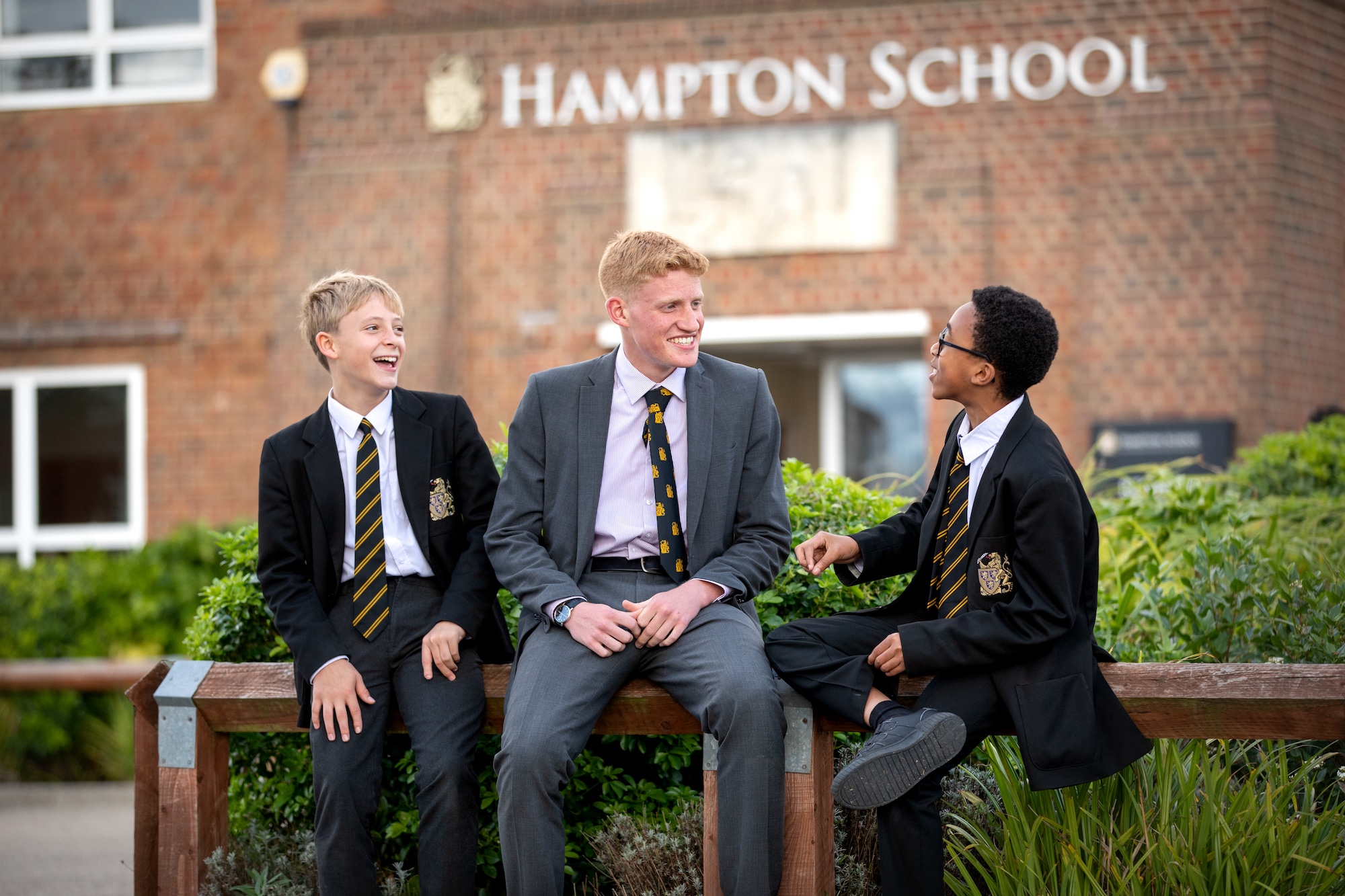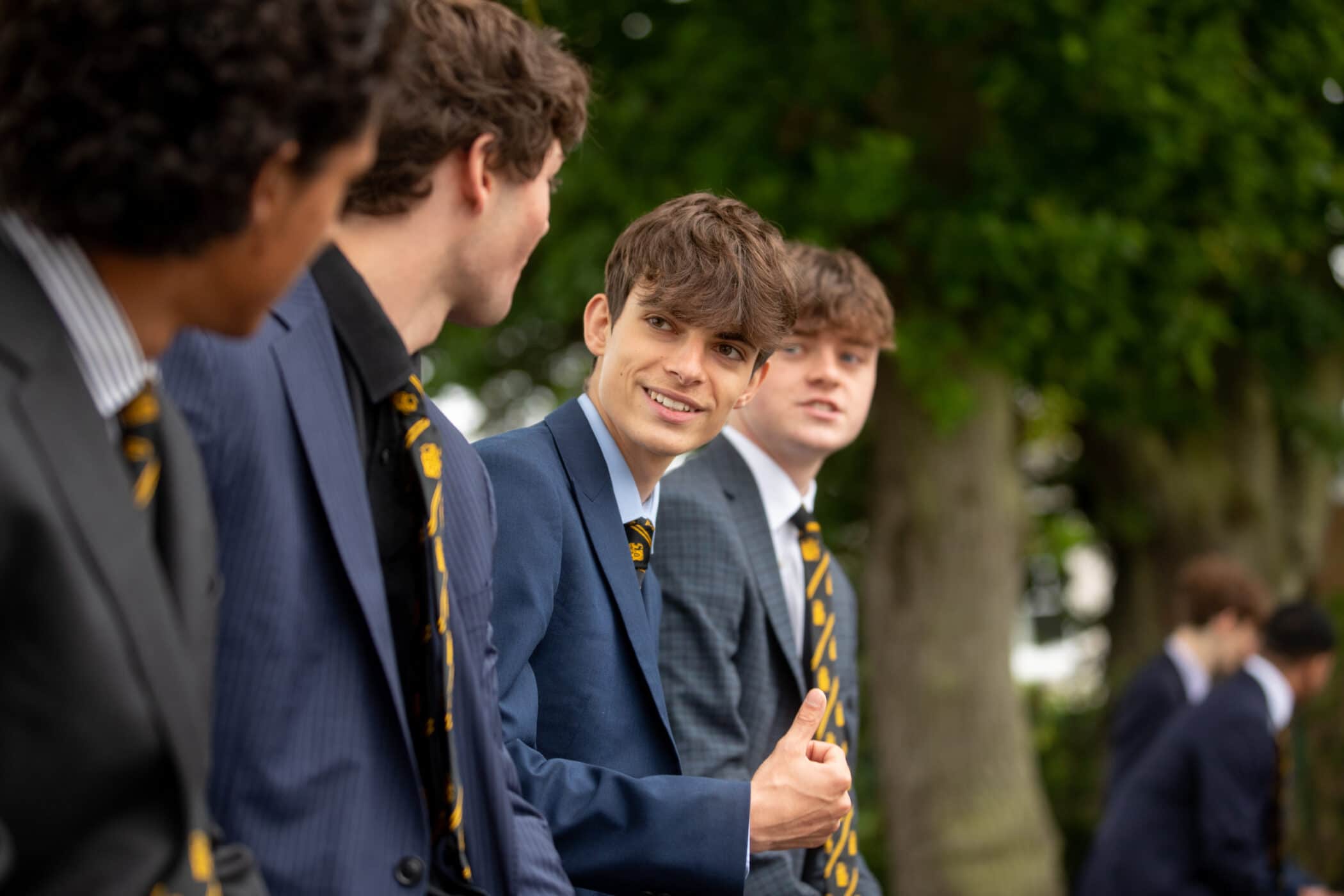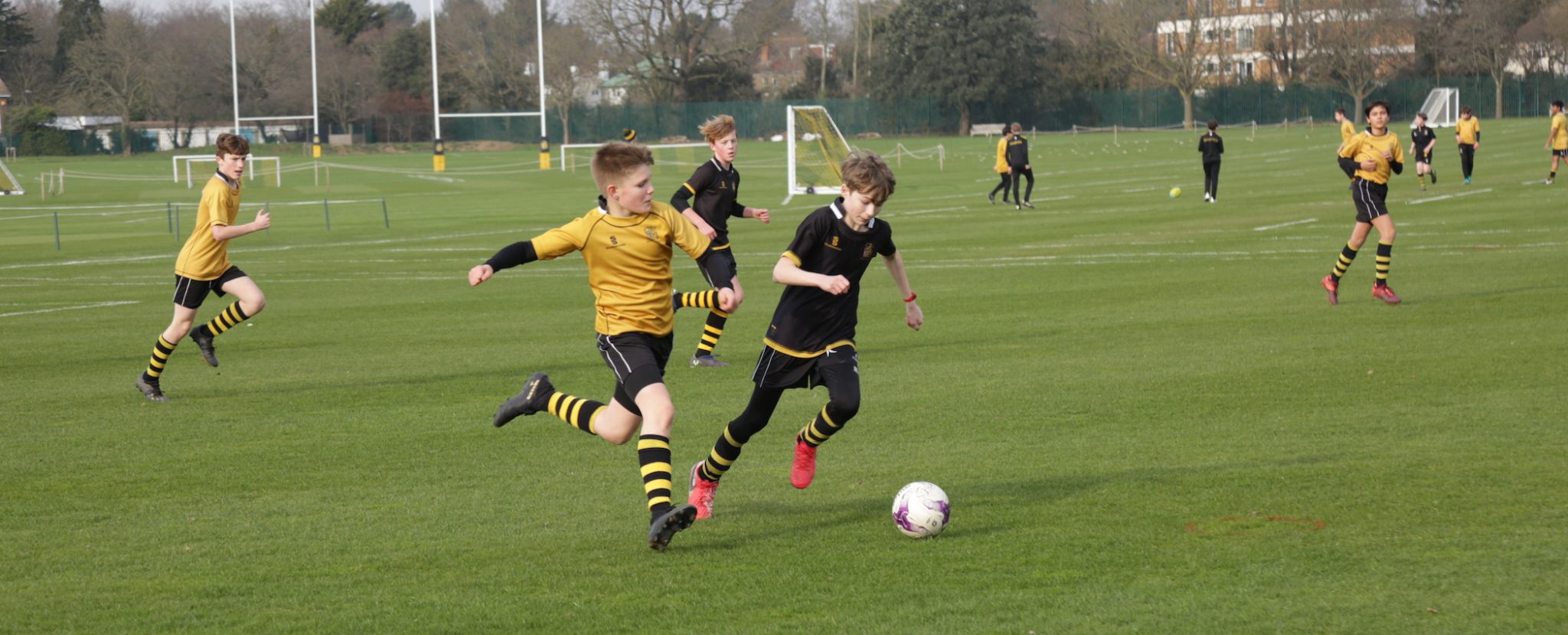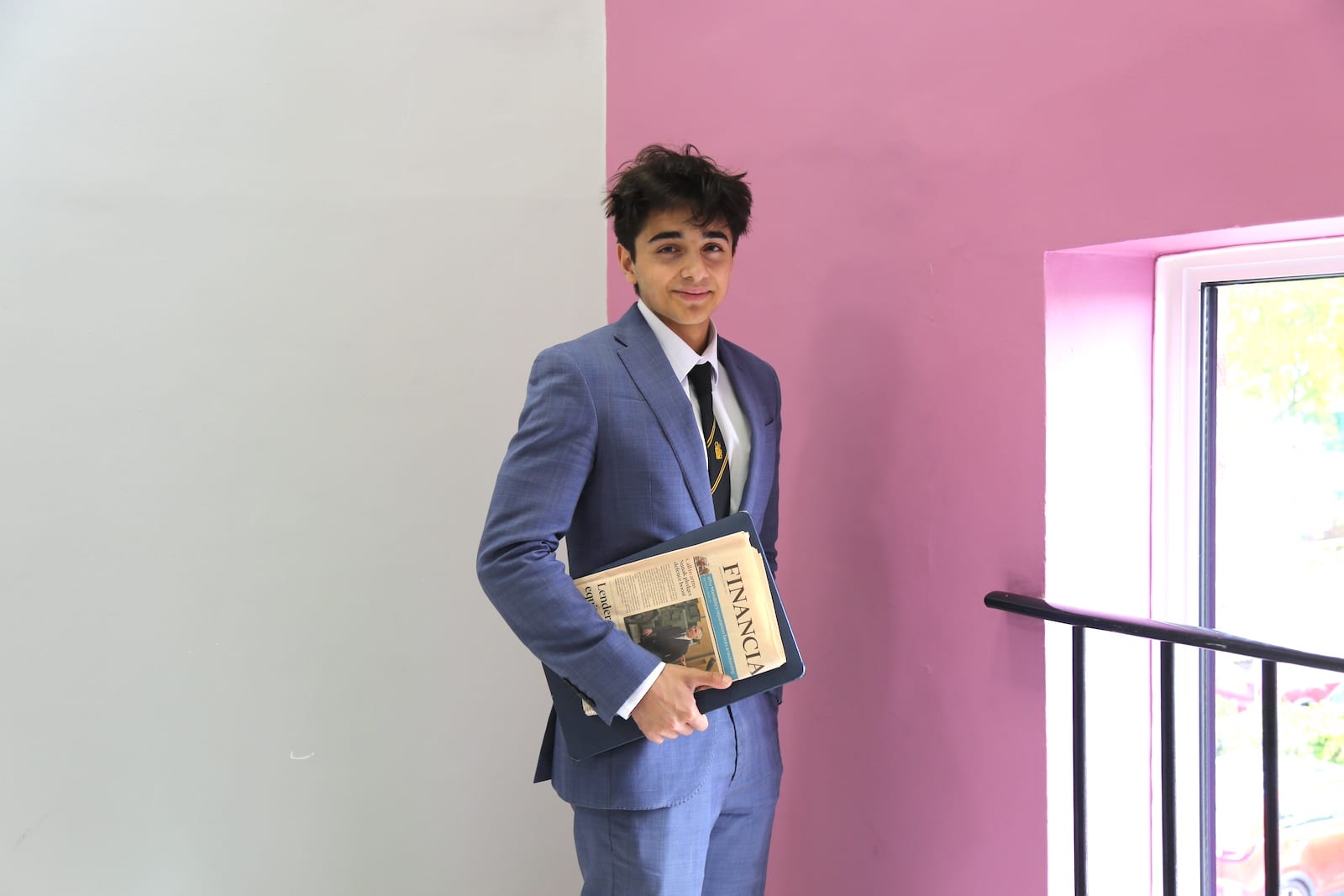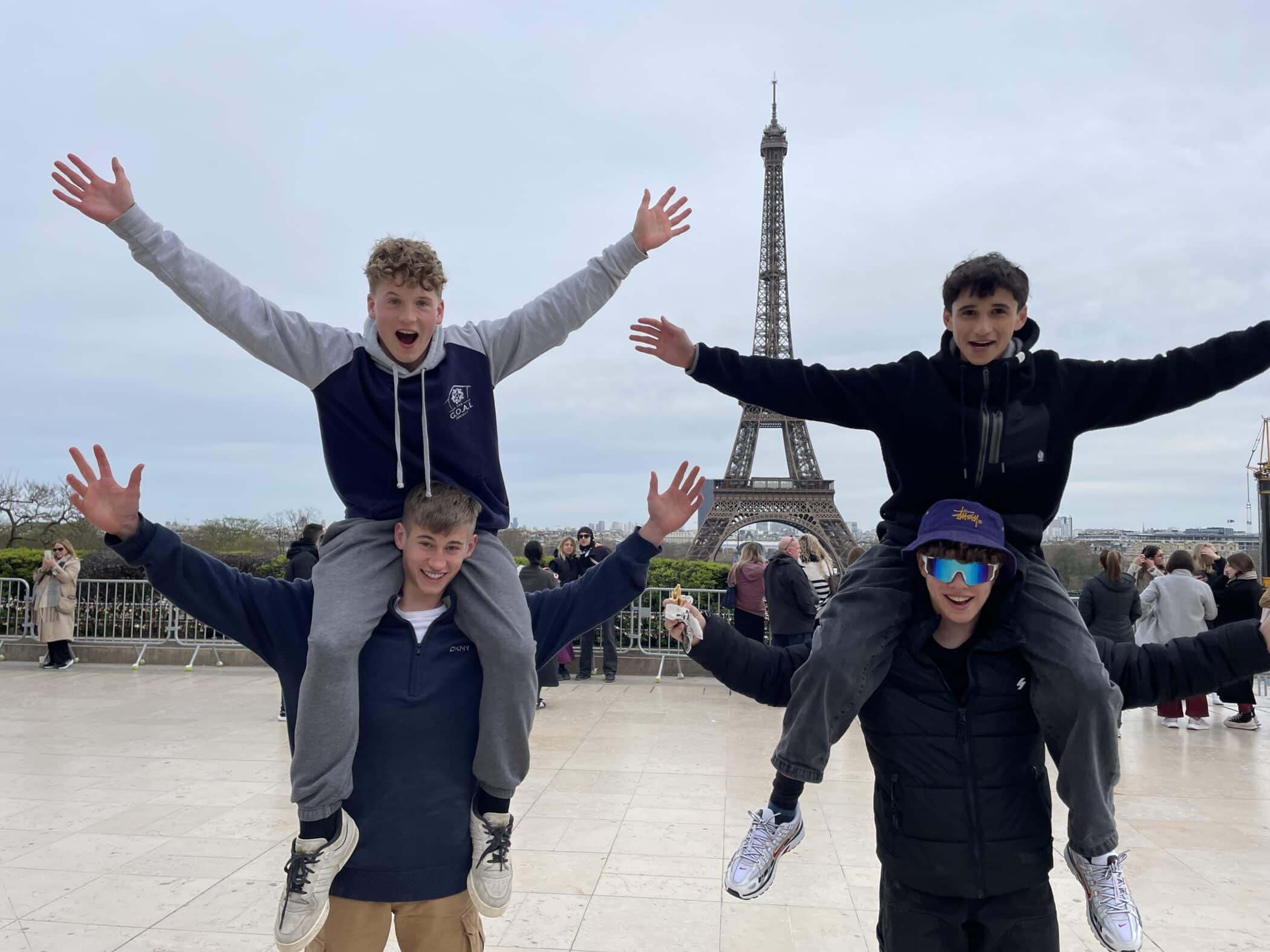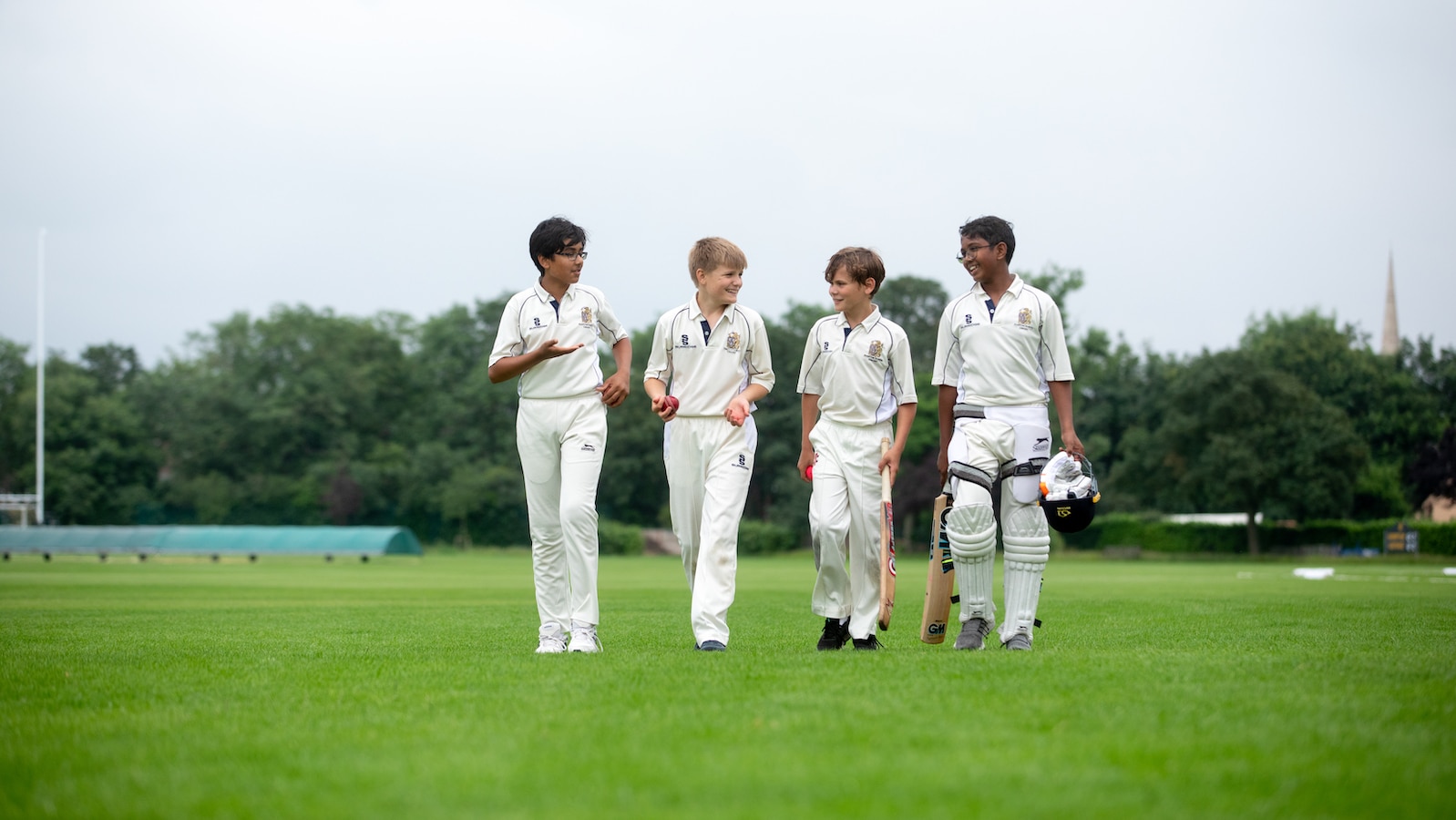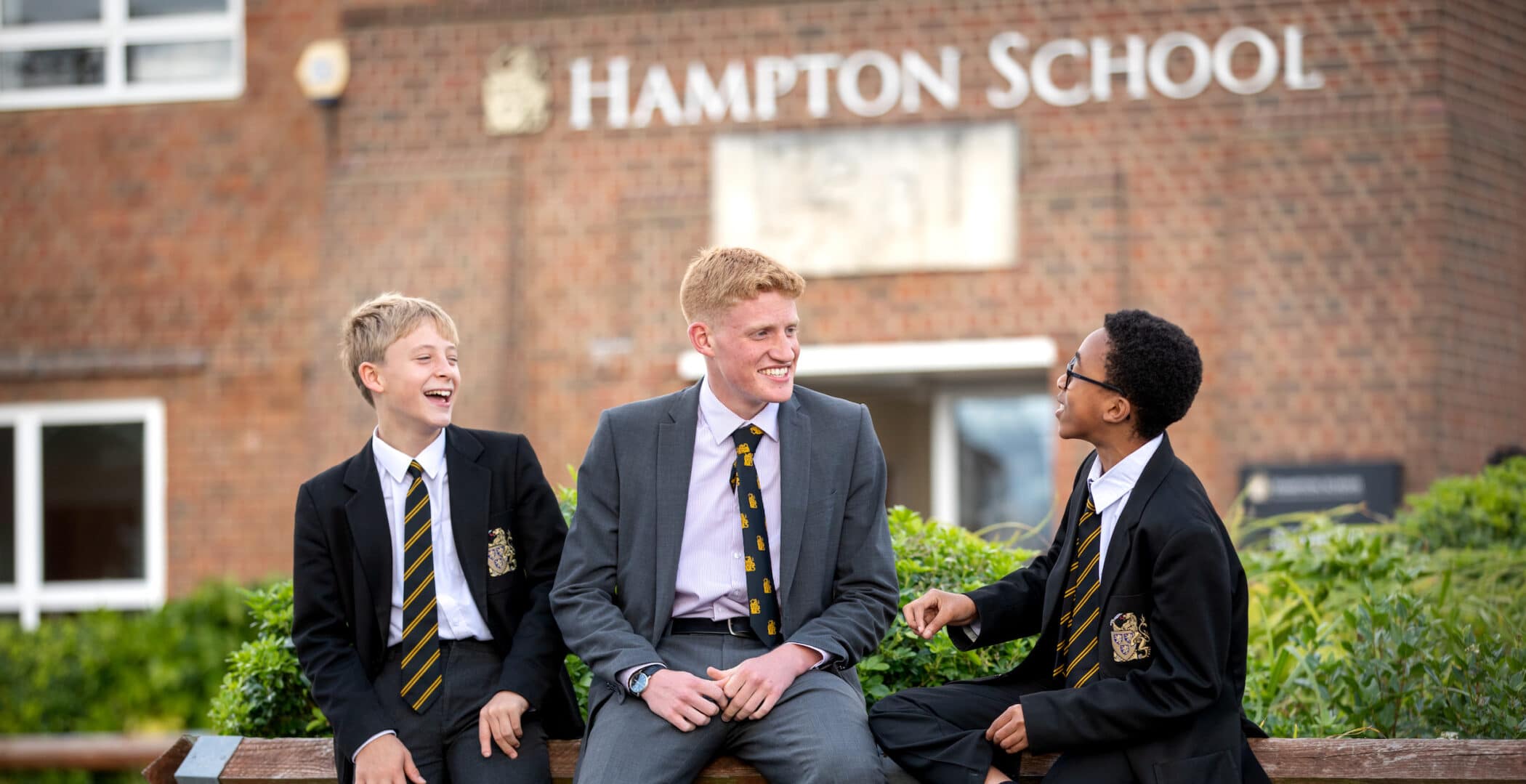Welcome to the Second Year Blog!
This week the boys have enjoyed some exciting science practicals, been busy on project work in DT and rehearsing performances in Drama. There has also been success in the Classical Reading Competition!
SUMMER TERM SPORT
In the summer term there is an opportunity to choose some different sports for your games sessions. Now that you are in the Second Year you have the new option of doing Rowing! Thank you to Isaac (3A), a current Third Year rower for answering the following questions about this exciting and different sport to help you with your decision!
What training do you do?
Currently in Third Year we do two (lunchtime) land sessions a week usually comprising of body circuits and stretching. We also have our Thursday games session, as well as Sunday to train on the water
Why did you pick Rowing?
I think it was the ability to spend my weekend and games sessions going on the water with my friends, and it was a new sport to try out.
What does Rowing offer that other sports don’t?
The ability to spend afternoons on the river, the view is picturesque as the sun sets and it is so much fun to row with your friends, it’s also got plenty of different boats to fit everyone, and you can even be a cox. There really is something for everyone in rowing, it helps get you fit while having fun as well.
What do you enjoy most about Rowing?
Probably the Sunday sessions, as it is so much fun to row on the weekend with your friends.
What opportunities are there in Rowing?
Well, you have coxing which lots of my friends love to do, where you basically get to steer the boat and be the boss – telling the rowers what to do. There are also multiple different boat sizes for you to row on from octos (with 8 people) to singles (with 1 person) and you also have doubles and quads.
Hampton Whodunnit!
Second Year Hamptonians have been busy filming their Hampton Whodunnit this week and it’s nearly time to reveal who committed the most dastardly of crimes? Can you name the six suspects?
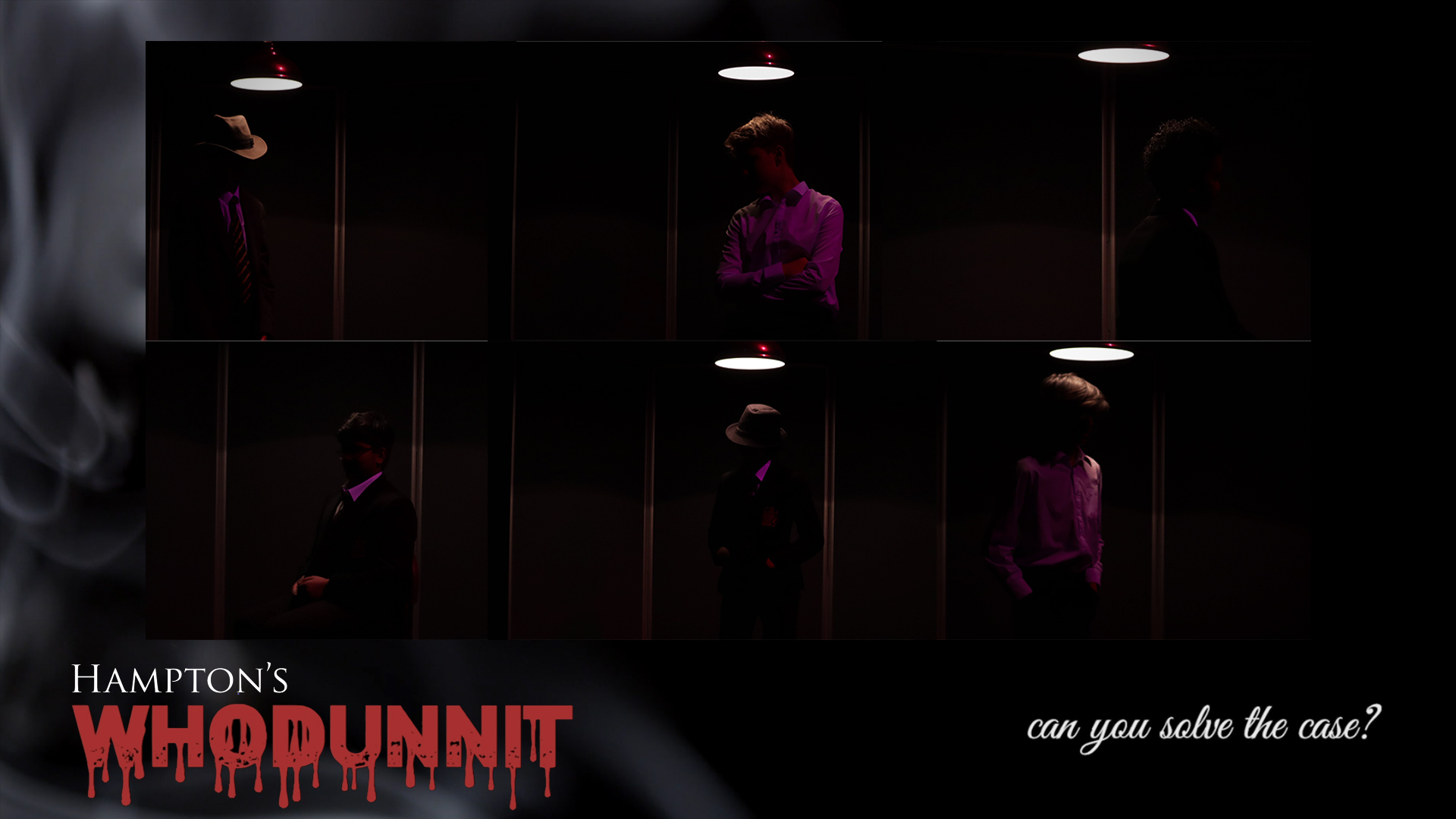
DESIGN TECHNOLOGY
By Avi (2H)
This week in DT 2H have been learning about isometric drawing. Isometric drawing is the way to design prototypes in DT. It bases structures off of isometric boxes and builds a product around them. Here is an example:

Earlier in the term, many of you also designed and made wooden CAM toys, and were challenged to produce an advert for your finished product. Take a look at this fun example from Elliot (2H):
CHEMISTRY
By Eddie (2J)
In Chemistry this week, we completed a practical known as the flame test, which was a practical to determine what metal was contained within a salt, such as copper chloride. The test required a bunsen burner, to be set to a roaring flame when the salt is tested, a metal wire, the salts which we wished to test, and hydrochloric acid, to clean the wire and help to pick up the metal salt. When the wire with the different salts on it were put just above the cone in the roaring flame, it would change a different colour based on the salt used e.g. a salt with caesium would produce a purple/blue flame, whereas one with lithium would produce a red flame. The flame test is helpful for figuring out what metal is in a salt, and helps firework makers to choose which salt to use in their fireworks to produce the different colours.
CLASSICAL READING COMPETITION
Well done to Xavier F, Mikael N, Viren A and Elliot C, who took part in the Guildford Classical Association’s Latin Reading Competition. The boys competed in the Junior Latin Dialogue competition and were congratulated by the judges for their excellent reading performance. A big well done to Viren and Elliot who were awarded second place! Elliot (2H) tells us more about it:
Four boys from the First Year and four boys from the Second Year took part in the Guildford Classical Association Latin and Greek Reading Competition. This is an annual competition that usually takes place at Charterhouse School but due to Covid restrictions this year we were asked to record our entries. We were put into pairs to perform our Latin dialogue. In the competition the passages chosen for the different age groups reflect the length of time the students have been learning Latin or Greek. For the junior class, of which we were in, there was a lively dialogue consisting of two characters, Petro and Galatea in which they discussed what Barbillus had left in his will. Galatea was very optimistic that she had been left a gift until Petro told her that Barbillus had actually left her nothing. The competition was adjudicated by experienced judges, who marked us on the quality of our pronunciation and expression. The competition was of a very high standard. We were delighted that this year, Mikael and Xavier achieved highly commended whilst Viren and Elliot achieved second place, improving on his highly commended place last year.
TRIVIA
Have a go at our weekly trivia questions and send in your answers for a merit!
This week’s questions based on measuring temperature and close up images have been set by Trivikram (2P)
- Is it possible to reach 0 Kelvin?
- Is it possible to reach any temperature below 0 Kelvin?
- From which country was the person who invented the thermometer from?
Guess the close-up!
Last week’s picture was: A Buttercup Plant
What is this a picture of?

Answers to last week’s trivia questions!
1) True or false: Shakespeare wrote a Christmas Carol. Ans: False
2) What is Shakespeare’s shortest play called? Ans: A Comedy of errors
3) True or false: Shakespeare was also a well-respected business man. Ans: True
Have a great weekend!
Back to All Articles

